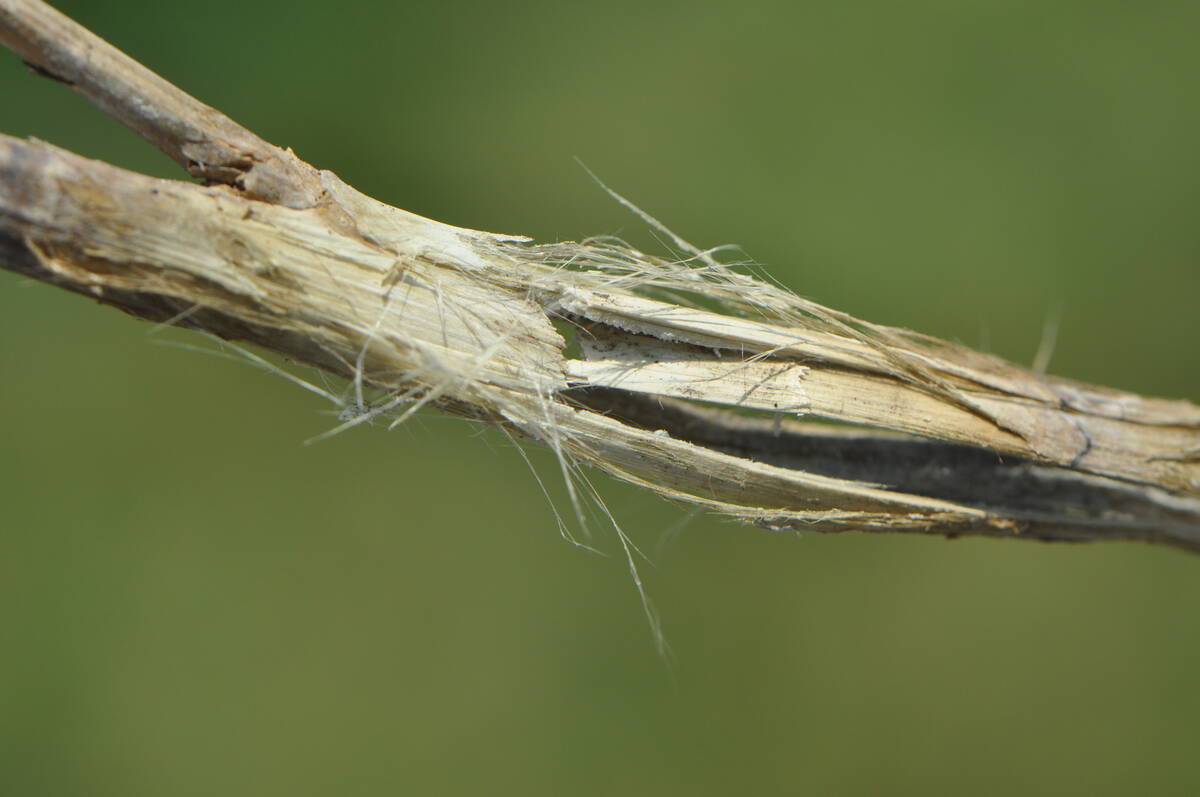The Canadian Grain Commission (CGC) and federal government have wrestled with producer security for more than 30 years.
And while the CGC says it wants a better, less expensive program, it also needs to keep its costs and government liabilities down.
In 1982 Manitoba-based Econ Consulting Ltd., and Memco Limited of Red Deer, Alberta went bankrupt, owing farmers $1.4 million, but the CGC held only $600,000 in security. The farmers successfully sued the CGC for negligence. Sixteen farmers were awarded $950,000.
When Econ failed around 200 farmers claimed they were owed almost $4 million. The CGC had only $700,000 in security.
Read Also

Manitoba sclerotinia picture mixed for 2025
Variations in weather and crop development in this year’s Manitoba canola fields make blanket sclerotinia outlooks hard to pin down
In 1990, Federal Court Judge F.C. Muldoon ruled the CGC was negligent in allowing Econ to operate with insufficient security. He ordered the federal government to pay nine farmers $175,000.
Both cases demonstrated the CGC and the federal government could be held liable if companies failed to post enough security.
Until then, so long as farmers had the proper documentation, they could leave grain unpriced indefinitely. If a licensed grain dealer ever went broke, the security held by CGC was supposed to cover it.
After losing those lawsuits the CGC starting tightening the rules, putting more onus on farmers to protect themselves.
The CGC encourages farmers to get paid in cash when they deliver grain. The CGC also introduced a time limit on its protection. If a licensed company refuses or fails to pay, producers must notify the CGC in writing within 30 days or their claims are invalid.
In the case of a cheque or cash purchase ticket that is not honoured by the bank, the deadline is 30 days after the cheque or cash purchase ticket is given to the producer. The same rule applies to postdated cheques.
Farmers who deliver grain to a licensed company and aren’t paid must make a compensation claim within 90 days from the date of the delivery to qualify for CGC protection.
There have been other cases since Memco and Econ where security held by the CGC fell short. In 2007 Ritz said that was evidence the program “has done poorly,” bolstering his case for ending it.
But CGC figures show between 2002 and 2008 farmers got 77 per cent of money they claimed. Of the nine cases where a company’s security held by the CGC was distributed, farmers were 100 per cent compensated in six and in one they received 99.8 per cent or virtually 100 per cent.
Not all farmers were so fortunate. In two cases farmers were not fully covered. Twenty-seven farmers owed money by Venture Seeds Ltd. received just 28 cents on the dollar taking an average loss of $14,323.18.
The 112 farmers owed money by Naber Seeds & Grain Co. Ltd. received 51.4 per cent of what they were owed, leaving them out an average of $8,448.60.
During that period 204 received 100 per cent of the $3.35 million they were owed for an average payment of $16,435.32.
Although the CGC aims to have enough security to cover farmers’ liabilities, there are no guarantees, CGC chief operating officer Gordon Miles told reporters during a briefing last month. The CGC hasn’t said what percentage of claims the proposed new company-supported fund will cover.




















